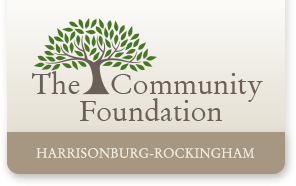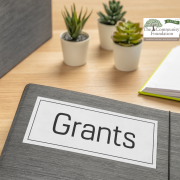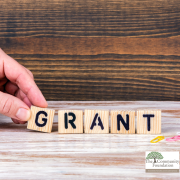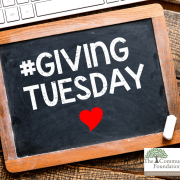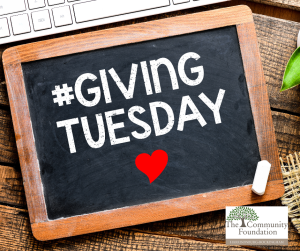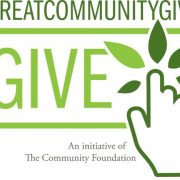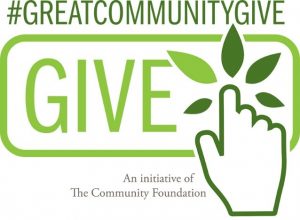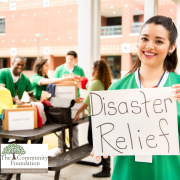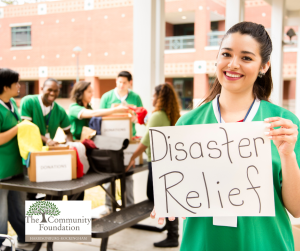Local Nonprofits Receive 2023 Funding from The Community Foundation
Local Nonprofits Receive Funding from The Community Foundation
Harrisonburg, VA – Giving season is upon us and The Community Foundation of Harrisonburg and Rockingham County is celebrating. The Community Foundation reports a total of $159,518 will be granted to twelve organizations in their Fall 2023 grants cycle. Programs and projects like ‘Meals on Wheels’ by Valley Program for Aging Services and ‘Operation Free Pet Healthcare’ by Anicira are among the funded grantees. Over 60 organizations submitted applications. “Our grant funding process is difficult, especially because we receive so many wonderful applications each year. All are deserving of funding. We encourage nonprofits to apply for our grants next year as our grant awards will increase substantially.” – Ann Siciliano, Director of Program Services, TCFHR. Fall 2023 grant awards will be distributed to Harrisonburg-Rockingham nonprofit agencies by year end.
2023 TCFHR Competitive Grant Awards:
| Fund | Grantee | Purpose/Project |
| Community Endowment | Valley Program for Aging Services | Meals on Wheels |
| Valley Arts & Culture Fund | Oasis Fine Art & Craft | Beyond Restaurant Mural |
| Valley Arts & Culture Fund | Rockingham Ballet Theatre | Costume Storage Improvement |
| Janet Sohn Endowed Fund | The Salvation Army | The Salvation Army Emergency Shelter |
| Mary Spitzer Etter Endowed Fund | Arts Council of the Valley | Development of New Arts Council of the Valley Website |
| Alvin J. Baird, Jr. Program Endowed Fund | Blue Ridge Free Clinic, Inc. | A Free Clinic Bridge to Health |
| Alvin J. Baird, Jr. Program Endowed Fund | Cross Keys Equine Therapy | Parent/Grandparent Caregiver Trauma Group |
| Earlynn J. Miller Fund for the Arts | Arts Council of the Valley | ACT ONE |
| Earlynn J. Miller Fund for the Arts | OASIS Fine Art & Craft | `Wild and Wonderful – Animals “Captured” in Paint! |
| Earlynn J. Miller Fund for the Arts | Virginia Quilt Museum | Creating a multi-purpose space for hands-on learning and programs |
| Earlynn J. Miller Fund for the Arts | Harrisonburg Dance Cooperative | Sprung Subfloor |
| Hildred Neff Memorial Fund | Wildlife Center of Virginia | Treatment of Sick, Injured, and Orphaned Wildlife from Harrisonburg and Rockingham County |
| Hildred Neff Memorial Fund | Cat’s Cradle | Pet Retention for Low-Income and Other Vulnerable Populations |
| Hildred Neff Memorial Fund | Anicira | Operation Free Pet Healthcare |
Grant distributions come from funds held at TCFHR and are determined by Grants committees. Nonprofit organizations awarded all participated in a competitive application process. Per TCFHR policy, grants are made without regard to factors of gender, race, religion, national origin, or sexual orientation. For more information, visit TCFHR’s website, www.tcfhr.org.
Contact: Ann Siciliano, 540-432-3863 or [email protected]
Website: www.tcfhr.org
About The Community Foundation of Harrisonburg & Rockingham County (TCFHR)
TCFHR makes charitable giving easy, acting in the best interest of our donors and partners to facilitate bold philanthropic initiatives for a stronger, healthier community.
###
